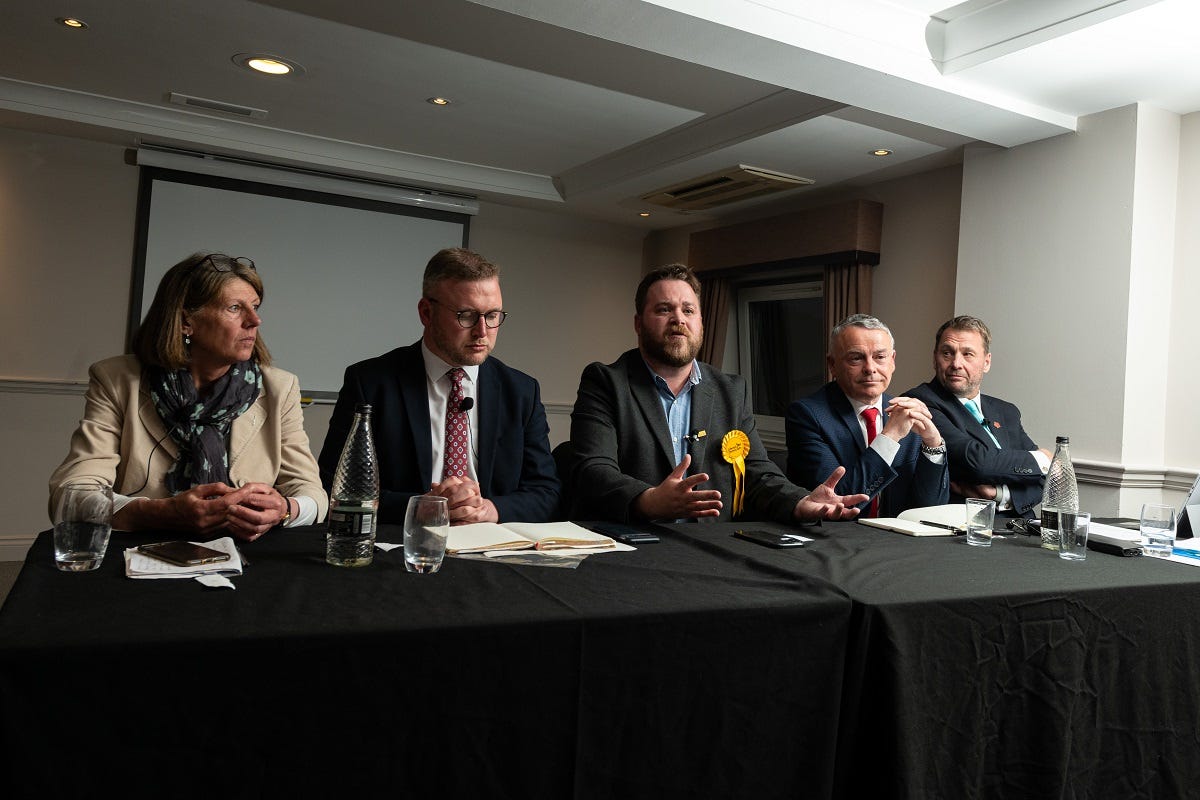Support The Lancashire Lead for the news nobody else is reporting
PLUS: Full reports from our Lancashire County Council hustings event this week
Hello and welcome to The Lancashire Lead.
We hope you are having a lovely long weekend (or have some time somewhere soon to get a rest in if you’re working). We wanted to take the opportunity to reflect on our 2025.
This year our reporting has gone from strength to strength, with coverage on is…





